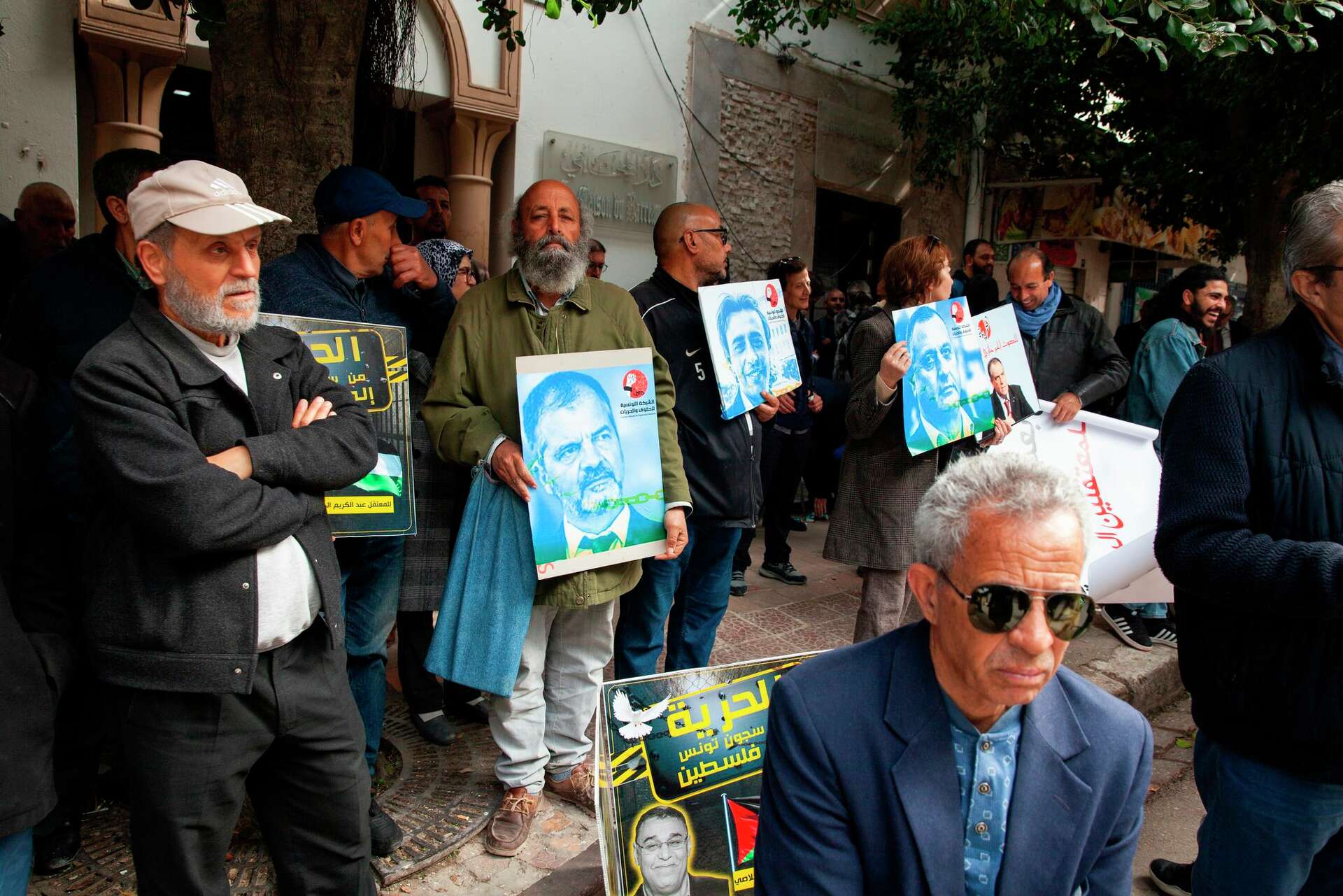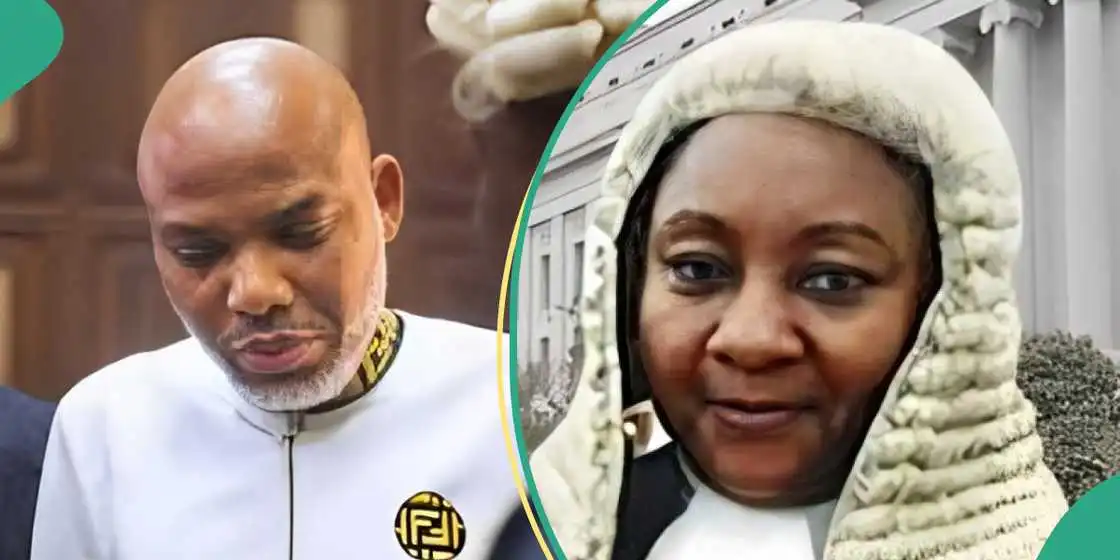Unprecedented Warrants Spark Divergent Global Reactions
The International Criminal Court (ICC) has issued arrest warrants for Israeli Prime Minister Benjamin Netanyahu and former Defense Minister Yoav Gallant, alleging war crimes committed during the Gaza conflict. This unprecedented move against a sitting leader of a Western-aligned democracy has elicited a spectrum of international reactions, highlighting the complexities of international law and diplomatic relations.
International Reactions to the Warrants
The issuance of these warrants has divided the international community. Several countries have affirmed their commitment to the ICC’s mandate and indicated their intention to enforce the warrants:
- Ireland: Taoiseach Simon Harris stated that Ireland would arrest Netanyahu if he entered the country, emphasizing adherence to international law. (The Sun)
- Netherlands: The Dutch government confirmed its obligation under the Rome Statute to arrest individuals subject to ICC warrants, including Netanyahu. (JTA)
- Canada: The Canadian government has expressed its commitment to upholding its obligations as a signatory to the Rome Statute, indicating that it would comply with the ICC’s arrest warrants. (JTA)
Conversely, some nations have openly rejected the ICC’s decision and have stated they will not enforce the arrest warrants:
- United States: President Joe Biden criticized the ICC’s action as “outrageous,” reaffirming the U.S. stance against the court’s jurisdiction over Israel. (AP News)
- Hungary: Prime Minister Viktor Orbán condemned the ICC’s decision as “shameful and absurd,” inviting Netanyahu to visit Hungary and assuring him of safety from arrest. (Reuters)
- Argentina: The Argentine government has stated that it will not comply with the ICC’s arrest warrant for Netanyahu, aligning with its position on the court’s jurisdiction. (Cadena SER)
Implications for International Law and Diplomacy
The ICC’s decision underscores the ongoing debate over the court’s jurisdiction and the enforcement of international law. While the ICC aims to hold individuals accountable for serious international crimes, its authority is contingent upon the cooperation of member states. The varied responses to the arrest warrants for Netanyahu and Gallant highlight the challenges the ICC faces in executing its mandates, especially when actions involve high-ranking officials from influential nations.
For Netanyahu, these warrants could significantly restrict his international travel, as visiting countries that honor the ICC’s decisions may result in arrest. This situation not only affects his diplomatic engagements but also places Israel’s international relations under scrutiny, particularly with nations that support the ICC’s actions.
A Pivotal Moment for International Justice
In conclusion, the ICC’s issuance of arrest warrants for Israeli leaders marks a pivotal moment in international justice, testing the balance between legal accountability and diplomatic relations. The global community’s divided response reflects the complexities inherent in enforcing international law against sitting government officials, especially from nations with significant geopolitical influence.




